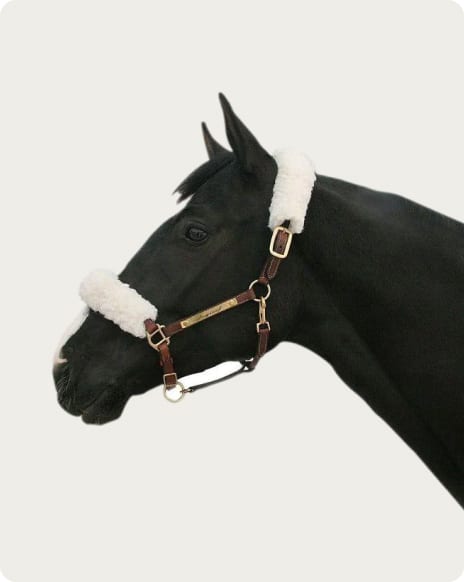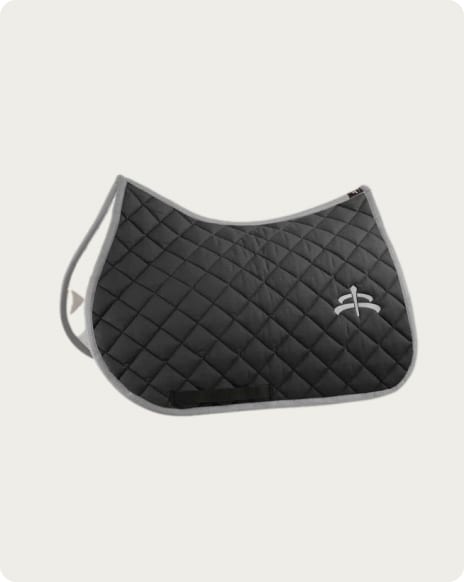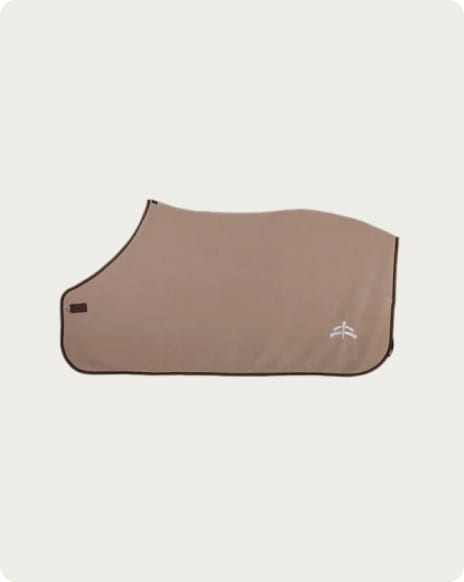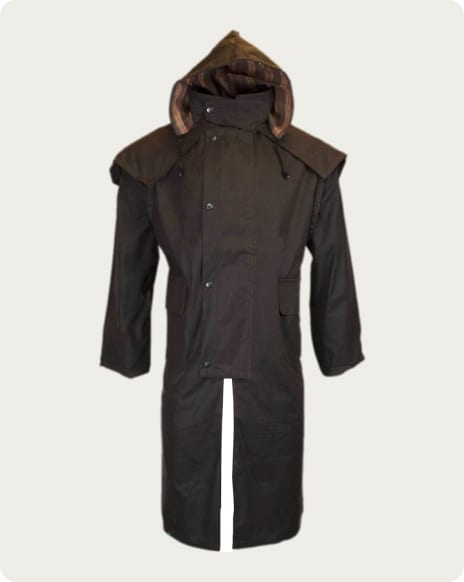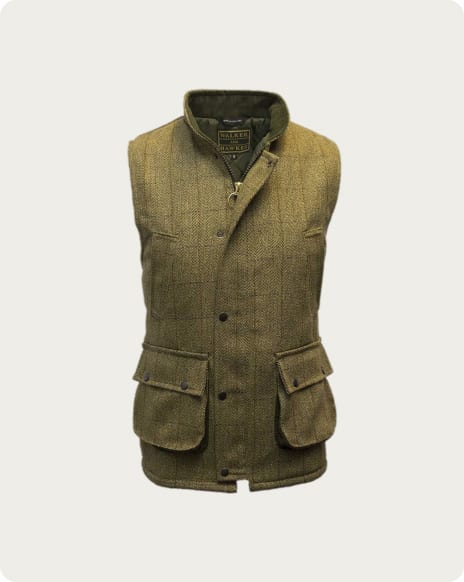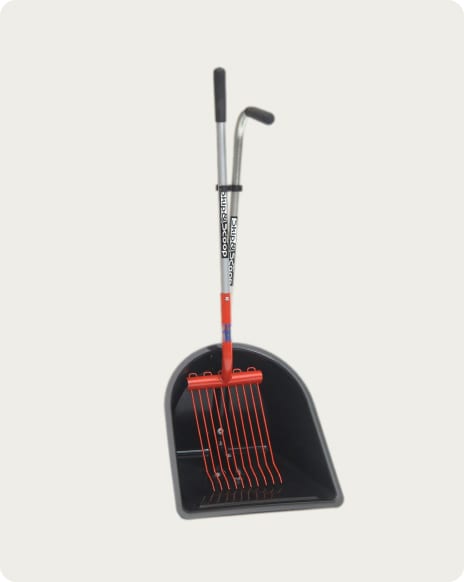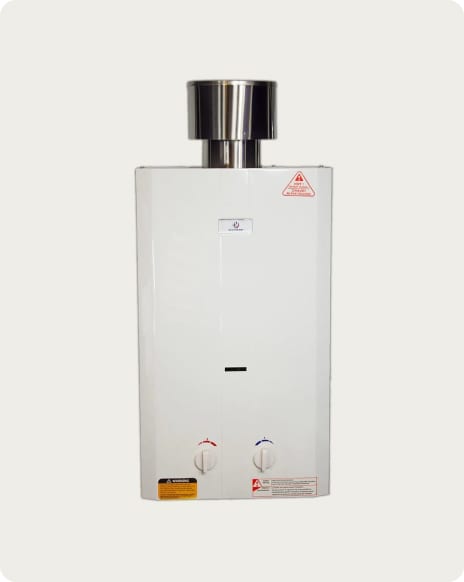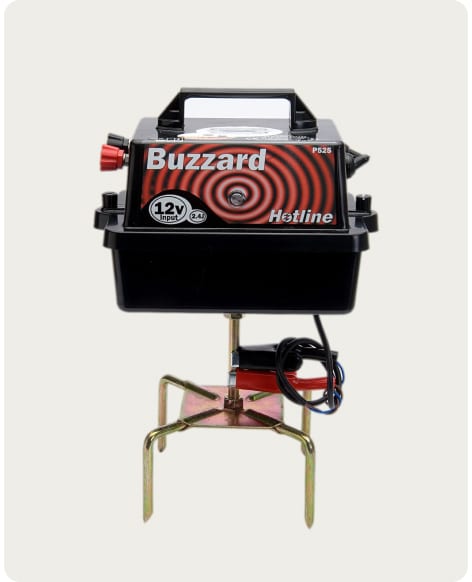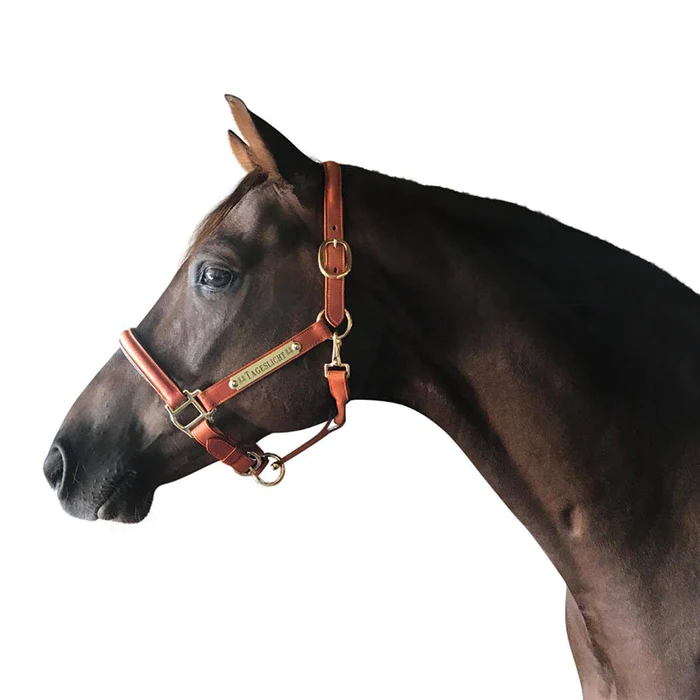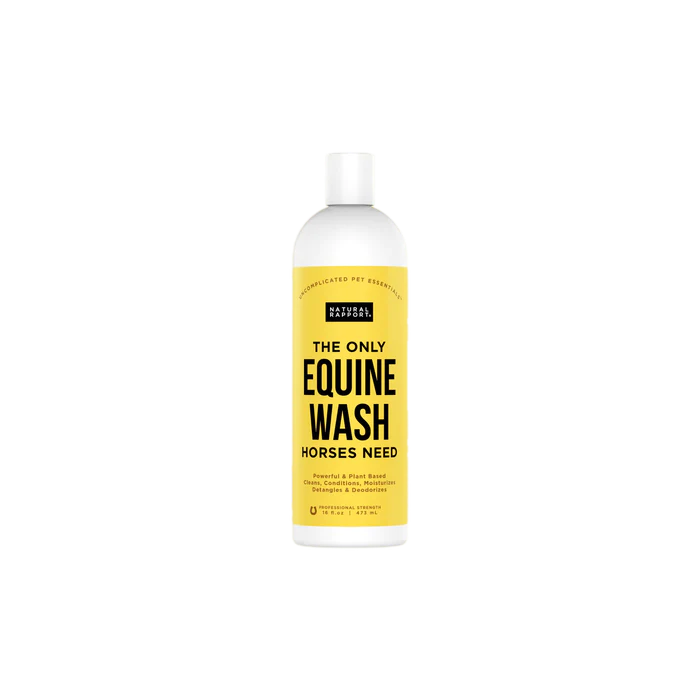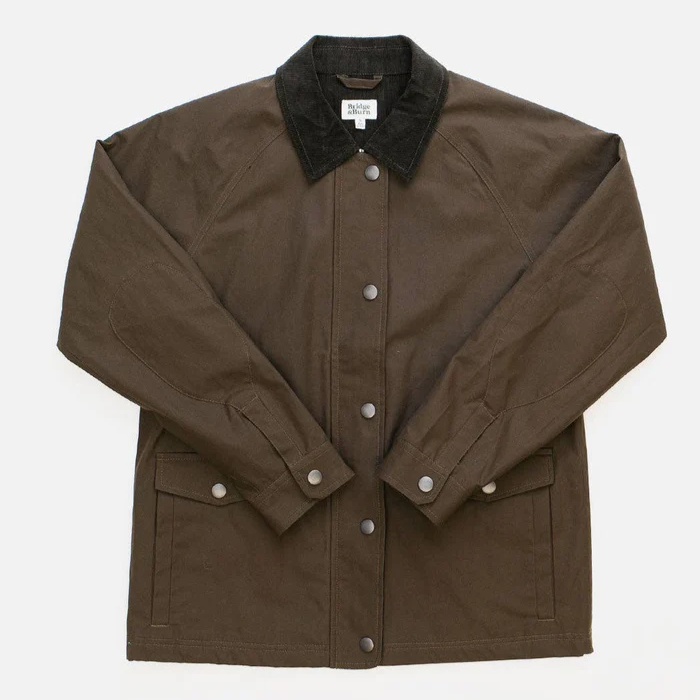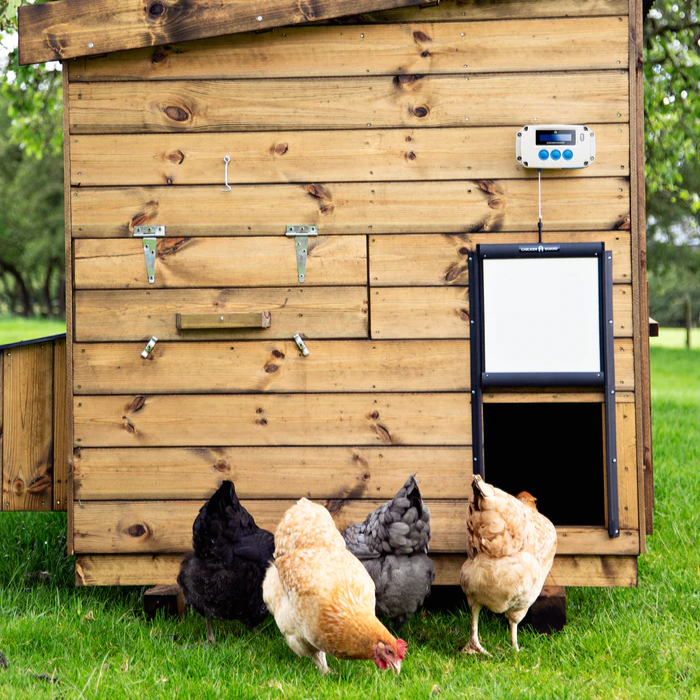Electric fence energisers can be used to help control and protect a number of different animals in different situations. With each of the different types of energisers having different characteristics and different animals requiring different strengths of voltage, matching the right fencer to the right situation is important in order for the fence to be successful.
Animals with thick coats, like sheep and chickens, will need a strong voltage in order for the animals to take notice. Equally, while some animals, like dogs, will quickly learn to respect an electric fence, other animals will consistently test it, making the reliability of the charge a priority. When choosing an electric fence energiser, it’s important to take into account what animal you are trying to protect or contain and in what circumstances.
For Horses
For horses, a minimum voltage of 2000 volts may be enough to ensure that the fence is respected although a minimum of 3000 volts is recommended in order to make the fence more effective. Whether a battery, solar, mains or dual energiser suits your purposes best will depend on the nature of the fencing you are building. If the energiser is for a permanent or semi-permanent fence, particularly on a large scale, then either mains, 12V battery or a mains and battery dual energiser would be most appropriate.
Mains energisers would more cost effective to run, but 12V batteries give mobility and are a great alternative if mains power is unavailable. If the fencing is to separate horses in a field, manage strip grazing or is just a temporary fence, D-cell battery energisers or solar energisers would be more suitable.
When choosing electric fence energisers for horses, there are a lot of variables and a lot of options. To help you make the right choices in choosing and setting up your energiser, there are a number of specialised guides. In particular, the Rutland Electric Fencing Guide and Farmcare blog offer assistance in finding appropriate fencing and setting it up effectively.
For Chickens / Poultry - Keep The Fox Out
For protecting chickens and poultry from foxes, you’ll need a relatively high voltage energiser in order to get through the feathers of the birds, dissuading them from escaping their safe zone, and ensure foxes do not get through.
Aside from the wattage, ensuring that the power is reliable is a high priority so a dial energiser that combines mains and battery power should be the preference.
For Pigs
As pigs have little hair and sensitive noses, the voltage needed to sufficiently shock a pig is relatively low. Equally, pigs are intelligent animals that quickly learn to avoid electric fencing having been shocked. If you graze your pigs rotationally and will need to frequently move the fencing then a solar powered, battery powered or dual powered energiser will be suitable.
If the fencing is permanent and mains power is available, a mains power energiser is equally effective.
For Dogs
Dogs require only a light voltage in order to learn to respect an electric fence and stay within its confines.
For electric fences intending to keep a dog within the confines of a garden the perimeter will be permanent and a mains supply is probably available, in which case a mains energiser is ideal. If mains supply is not available or the fence needs to be mobile, solar and battery powered fences work well even at a low wattage.
For Goats & Sheep
Goats and sheep have thick wool which requires a relatively high wattage in order for the animal to feel it. Equally, sheep and goats do not necessarily learn to respect an electric fence and having a constant current is essential for the fence to be successful.
Where possible a high-voltage, mains powered energiser with a dual battery as a backup in case of a power outage should be used, particularly for permanent fencing. If mains power is not available a dual solar and battery powered energiser should be used with a high wattage to ensure that the energiser does not run out of power.
For Cats
The requirements for electric fence energisers for cats are similar to those of dogs when the goal is to keep the cat within the garden, with the permanent nature of the fence and proximity to the house making a mains powered energiser ideal. Where an electric fence is being used to keep a cat away from pets such as rabbits, the use of a dual battery and solar powered energiser is more appropriate as it allows for the fence to be easily adjusted and moved depending on the location of the pet.
For Cattle
Due to their large size, cattle need a fairly strong current in order to ensure they respect an electric fence. Mains powered energisers, ideally with dual battery power, are ideal for permanent fencing, offering an affordable, powerful and reliable fencing solution. When cattle are being held in temporary enclosures, or mains power is not available, a dual battery and solar powered energiser will provide the strength of voltage and flexibility required.



